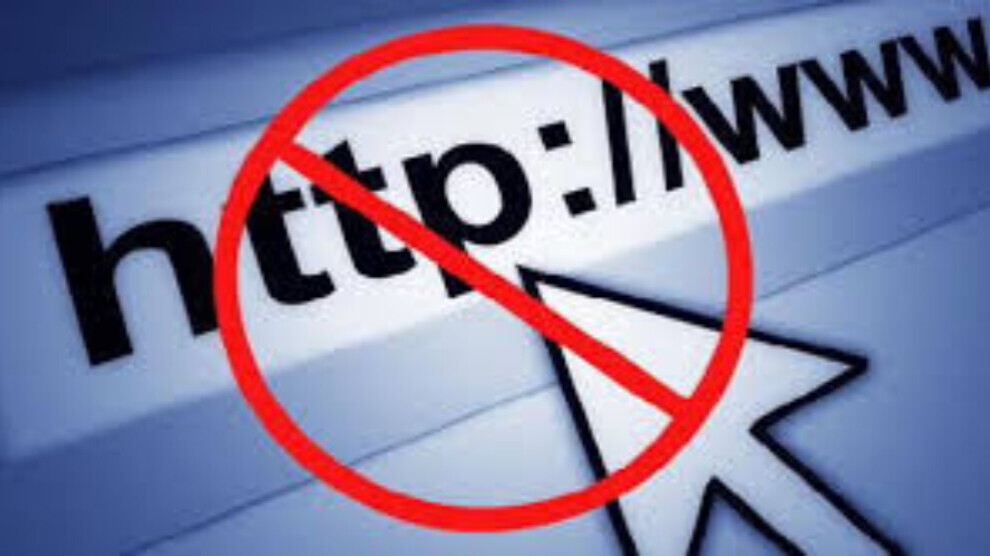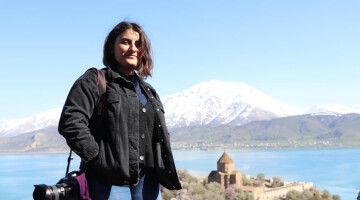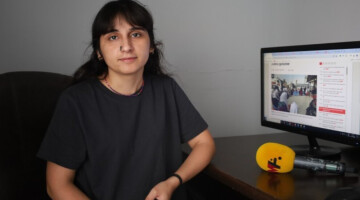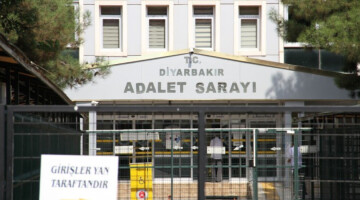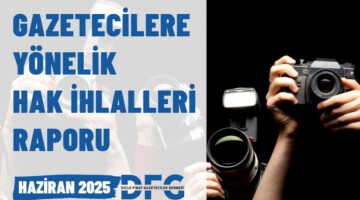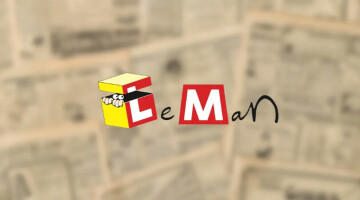The 2023 Censorship Report prepared by the Media and Law Studies Association (MLSA) and FreeWeb was announced. According to the report, 14,680 news items were blocked in Turkey in 2023 alone. Censorship bans on internet journalism reached its peak in 2023. The report prepared by MLSA also revealed the extent of the bans.
14 thousand news items banned in 2023
The 2023 Censorship Report, prepared jointly by MLSA and FreeWeb, which deals with violations of rights and lawsuits against journalists, clearly reveals the gravity of the situation. According to the FreeWeb report, the following were blocked in 2023 alone:
197,907 domain names
14,680 news items
5,641 social media posts
743 social media accounts
38 reviews of businesses on Google
33 search engine results
9 mobile applications
5 Google Drive files
2 mail addresses
1 Google document
Again in 2023, 30 different domain names of news websites were banned. The news sites with the most domain names banned are as follows:
Kızıl Bayrak (Red Flag): 5
ETHA: 4
Komün Dergi (Commune Magazine) 3
Gazete Patika (Newspaper Patika): 3
Özgür Gelecek (Free Future): 3
Yeni Demokrasi (New Democracy): 2
Alınteri, Yeni Yaşam, Jinnews, Yeni Demokrat Gençlik were banned 1 time each.
Kurdish media regularly banned
The bans on the Kurdish and socialist press actually constitute the basis of internet censorship. Bans on Kurdish media in particular have become a routine practice. In the censorship report, the Kurdish press sites where the censorship law was most frequently applied until 2023 are listed as follows:
Fırat News Agency-ANF
Dicle News Agency
Yeni Özgür Politika
Yüksekova Haber
Azadiya Welat
Rojnews
JİNHA
Jinnews
Yeni Yaşam
Özgür Gündem
Medya Haber
Mezopotamya Ajansı
In addition to these, opposition news websites such as ETHA, Gazete Duvar, SendikaOrg, Mücadele Birliği, Evrensel, Birgün, Artı Gerçek, Sol Haber, Yeni Demokrasi are frequently banned or their news articles are blocked from access.
Some of the most banned news websites until 2023 are listed as follows:
Nuçe Ciwan: 163
Kızıl Bayrak: 86
Demokrasi.com: 79
Sendika.org: 62
Özgür Gelecek: 58
ETHA: 57
ANF: 56
JINNEWS: 52
News about Erdoğan and his family were blocked the most
Among the blocked news, those related to AKP, Erdoğan and public officials are at the top of the list. While the report states that a total of 14,680 news items were blocked in 2023 alone, it is also reveals that the laws enacted were implemented in favour of AKP members, sects, Erdoğan and his family. These are listed as follows:
5881 corruption news
2256 reports on violence against women and children
1733 organisational crimes
1108 murder news
Of the 5,881 corruption news articles blocked, 1,133 were about people close to the AKP, 646 about Erdoğan and his family, and 60 about sects and communities. Of the 2,256 news items blocked on the grounds of violence against women and children, 801 were blocked due to the complaints of individuals named as criminals, 693 due to the complaints of public officials, 244 due to the complaints of business people, 157 due to the complaints of sects and 13 due to the complaints of AKP members.
While 713 of the access bans, which are defined as organisational crimes and mostly include news on ‘FETÖ’ and armed gangs, were imposed due to complaints filed by public officials, 595 of them were imposed due to complaints filed by politicians and AKP members. In addition, 262 news items on murders were blocked due to the mention of AKP members and Erdoğan and his family, and 26 news items on fraud were blocked due to the mention of AKP members and Erdoğan and his family.
Of the 14,680 news items blocked in 2023 alone, 5,150 were about public officials, 2,580 about citizens, 2,575 about AKP members, 854 about Erdoğan and his family, and 221 about sects and communities.
Most of the justifications are national security policy
In addition to news websites, access to applications used by non-governmental organisations and companies were also blocked. The reasons for the access bans were mostly cited as ‘obscenity’ and ‘national security’ policies. Some of the websites and applications blocked by the government other than digital media news websites are as follows:
Bulk email sending service Sendgrip
Vercel used by software developers
Readthedoss used by software developers
Martı Transport application
Ekşi Sözlük
YouTube
Twitter
İnstagram
Roblox

